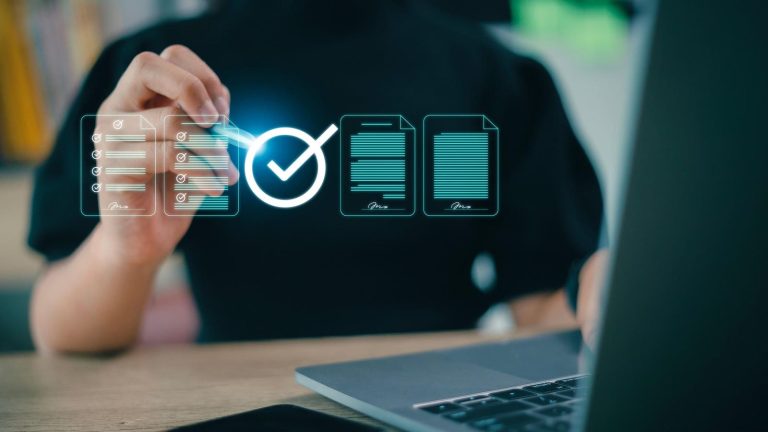DocuSign revolutionizes the way businesses manage agreements with revolutionary AI technology, … (+)
As the AI revolution touches most aspects of business, one area that has surprisingly remained untouched is business agreements and contracts. That’s about to change, as DocuSign, the company that brought electronic signatures into the mainstream, is now leveraging AI to revolutionize the way businesses create, manage and extract value from their agreements.
The hidden problem with modern agreements
Even as we have digitized countless business processes, agreements have largely remained stuck in the past. Yes, we edit them in Word and send them via email, but as Allan Thygesen, CEO of DocuSign, explains, “everything about agreements remains as fragile, delayed and unpredictable as ever.” »
The problem goes far beyond just ineffective treatment. As Thygesen points out, “Once you’ve negotiated the deal, the strange thing is you spend all this time on it, and then you put it in a deep, dark place, and there’s no visibility into what is actually in the agreement. » This lack of visibility means companies often miss crucial deadlines, renewal opportunities and opportunities to improve their agreements.
How AI is transforming agreement management
DocuSign’s approach to solving this problem coincided with perfect timing. “I joined DocuSign just as there was a sea change in what we could do with AI, right around the launch of GPT 3.5,” shares Thygesen. This technological advancement has allowed DocuSign to transform unstructured deal data into actionable insights.
The company’s AI-powered platform can now extract essential data from deals, make it searchable, and compare it to actual results from various business systems. But it doesn’t stop there. AI can also help create agreements, customize templates, and even perform initial legal reviews of incoming contracts.
Concrete applications that change the business
The impact of this technology is already being felt across various business functions. Thygesen highlights three key areas where its AI-powered platform makes a significant difference:
In sales, the platform allows companies to track renewal dates, notice periods and renegotiation opportunities. This prevents missed opportunities and gives sales teams crucial information that was previously buried in deals.
For procurement teams, which typically have limited resources, AI helps manage supplier relationships more effectively. “Procurement teams are typically quite small,” Thygesen notes. “It’s very important to have tools that can make them more productive.”
In HR and recruiting, where many employment contracts require management and updating, the platform can streamline high-volume processes while ensuring compliance. It enables rapid customization of agreements and packages while maintaining regulatory compliance.
The Future of AI-Driven Agreements
Looking ahead, DocuSign envisions a future in which AI could potentially autonomously manage entire agreement processes, especially for simpler documents. “I think it will be technically possible to do this with greater precision for simple agreements in a fairly short time,” Thygesen predicts. He suggests that standardized documents such as NDAs could be among the first to be fully automated.
However, Thygesen maintains a balanced perspective on the role of AI: “For various reasons, including risk compliance, regulation and others, I think it will be some time before agreements other than the most trivial are published. be a human in the end, at least. »
Overview
DocuSign’s ultimate vision is both ambitious and practical. “If we succeed, we will develop the first system for recording agreements,” says Thygesen. This would replace the current scattershot approach where agreements are lost in threads or buried in various digital players.
The transformation is already underway. With 1.6 million business entities paying monthly, DocuSign is well-positioned to lead this revolution. The evidence of progress is striking: Thygesen reveals that its “deal processing costs have fallen by two orders of magnitude over the past 15 months” thanks to continued technological advancements.
A new chapter in business efficiency
As businesses continue to look for ways to improve efficiency and reduce costs, DocuSign’s AI-powered approach to agreement management represents a significant step forward. By transforming static documents into dynamic, intelligent assets, they don’t just solve a technology problem: they tackle a fundamental business challenge that affects organizations of all sizes.
The future of trade deals is being rewritten. But as with any significant technological advancement, the key to success will be finding the right balance between automation and human oversight, between efficiency and control, and between innovation and reliability.


